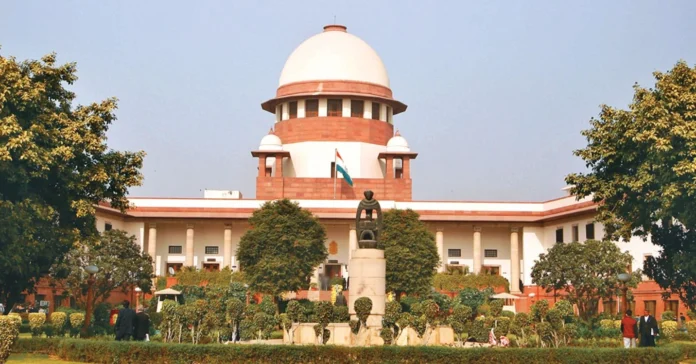The Supreme Court has strongly criticised the Jharkhand government for its continued inaction in formally declaring the Saranda and Sasangdaburu forests as wildlife sanctuaries, despite multiple assurances given to both the Court and other authorities over the last two years. A bench comprising Chief Justice B.R. Gavai and Justice K. Vinod Chandran remarked that the state was “playing fast and loose” with its commitments and warned that if the required notification was not issued before the next hearing, the Chief Secretary of Jharkhand would be required to appear in person and explain why contempt proceedings should not be initiated.
The case stems from an order passed by the National Green Tribunal (NGT) in July 2022, directing the state to take steps towards granting sanctuary status to the two ecologically sensitive forest tracts. Following this, an interlocutory application was filed in the Supreme Court seeking enforcement of the NGT order. The Jharkhand government initially claimed that the proposals had been forwarded to the Wildlife Institute of India (WII) for evaluation and later stated that cabinet approval was pending.
However, when WII eventually gave a favourable opinion on granting protected status, the state government unexpectedly formed a fresh committee to reconsider the boundaries of the proposed sanctuaries, citing the presence of mineral resources within the forests. This volte-face, in the Court’s view, was in direct contradiction of its earlier affidavits and an attempt to delay compliance with its binding obligations.
In April 2025, the Supreme Court had directed Jharkhand to notify the sanctuaries without further delay. By failing to do so, the Court held, the state had effectively placed itself in contempt of its orders. The bench cautioned that it could exercise its power of mandamus to compel the notification or impose penal consequences on senior officials if the state failed to act in good faith.
The Court nonetheless left a narrow window open, clarifying that if the government issues the necessary notifications before the next scheduled hearing on October 8, the Chief Secretary’s personal presence may not be required. If the directions are ignored once again, however, the official must appear in person and justify why the state should not face contempt action.
The Saranda and Sasangdaburu forests, both located in the mineral-rich Singhbhum district, are recognised for their biodiversity and ecological significance. Conservationists have long argued that formal sanctuary status is essential to protect them from indiscriminate mining and other forms of exploitation. With the Supreme Court now tightening its stance, the state faces mounting pressure to comply and prioritise ecological preservation over industrial interests.


